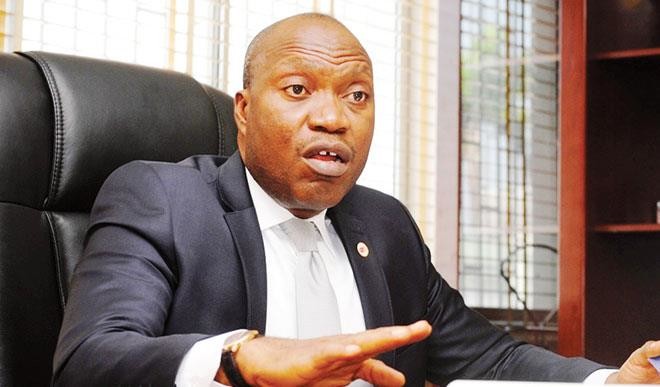Mr. Johnson Chukwu, Managing Director of Cowry Asset Management Limited, has stated that the Central Bank of Nigeria’s (CBN) hawkish monetary policy, which saw a further increase in interest rates by 16.5%, would increase banks’ non-performing loan book.
Chukwu stated this during a Webinar titled ‘Nigerian Economic Report Card (2022 Full Year Review)’ when discussing the negative impact of the increase on the economy.
He noted that, in the short term, the banking sector’s outlook is positive due to higher interest rates because some of them will benefit from the windfall, but many business operators may fail to meet their loan obligations in the future, contributing to an increase in the non-performing loan book.
He explained that the CBN has stated several times that they will maintain their hawkish monetary policy in an effort to reduce inflation, which he believes will be insufficient due to the factors that cause inflation.
Drivers of inflation
Chukwu listed some of the factors driving inflation, including insecurity in the country, which has weakened food production, the effect of the naira’s depreciation, the cost of importing energy input, and the CBN’s methods and means of funding FG, among others.
As long as the apex bank believes that increasing interest rate will solve the problem of inflation, is clear in my mind that a couple of things will give in. Every economic problem will have some lag effects, lag effect in the sense that the negative impact may not come immediately.
Increase in the non-performing loans will happen and when the default will occur, the CBN will be looking for how to fight that or how to set up another bad bank, and that time it will be done on us that the current approach will not solve the problem.
As long as those issues that fuel inflation have nothing to do with whether I got money from the central bank for spending or I borrowed for consumption, then the current approach won’t solve the inflation,” he said.
Ways and Means
Chukwu advised the CBN to stop lending to the Federal Government, noting that lending to the government through Ways and Means stimulates liquidity in the economy by increasing the amount of cash in the system.
According to him, the currency in circulation increased by 11.3% in November of last year, according to a report from the National Bureau of Statistics.
If you compare it with GDP growth of 2,25% we are having excess liquidity, where is it coming from, it is not coming from great expansion, it is coming from ‘Ways and Means’. The report I read showed that by October last year, the government has borrowed from CBN about N6 trillion, that went into consumption that is not backed by goods and services produced, he said.











